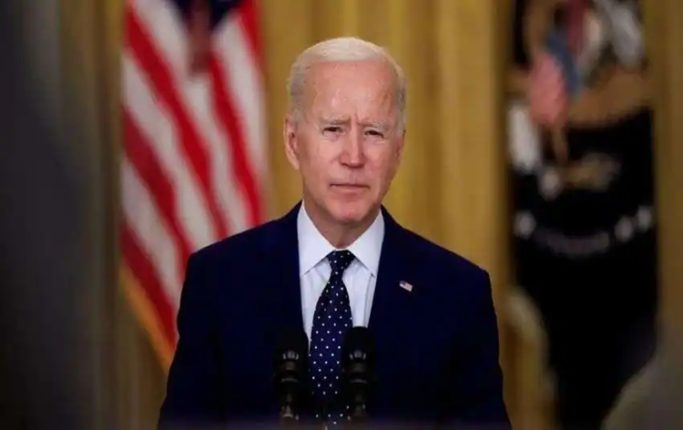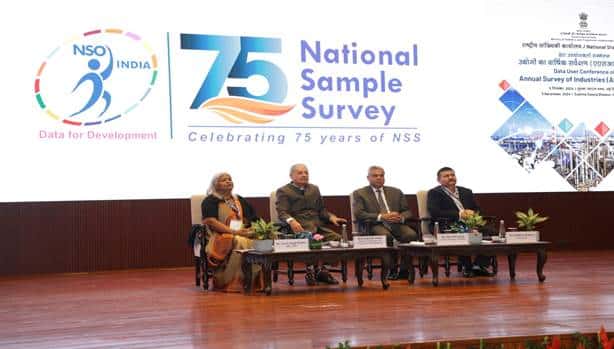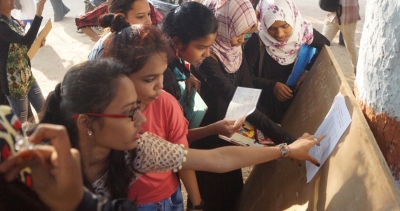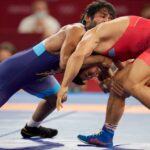Biden warns on Beijing’s South China Sea moves in Philippines-Japan summit

Long-simmering tensions between China and its neighbors took center stage on Thursday (April 11) as leaders of the U.S., Japan and the Philippines gathered at the White House to push back on Beijing’s stepped-up pressure on Manila in the disputed South China Sea.
U.S. President Joe Biden’s administration is expected to announce new joint military efforts and infrastructure spending in the former American colony while he hosts Philippines President Ferdinand Marcos Jr. alongside Japanese Prime Minister Fumio Kishida in Washington for a first-of-its-kind trilateral summit.
Topping the meeting’s agenda is China’s increasing pressure in the South China Sea, which has escalated despite a personal appeal by Biden to Chinese President Xi Jinping last year.
The Philippines and China had several maritime run-ins last month that included the use of water cannons and heated verbal exchanges. The disputes center on the Second Thomas Shoal, home to a small number of Filipino troops stationed on a warship that Manila grounded there in 1999 to reinforce its sovereignty claims.
Launching the White House meeting with the three leaders, Biden affirmed that a 1950s era mutual defense treaty binding Washington and Manila would require the U.S. to respond to an armed attack on the Philippines in the South China Sea.
“United States defense commitments to Japan and to the Philippines are iron clad,” he said.
Marcos has successfully pushed Washington to resolve longstanding ambiguity over the treaty by specifying that it would apply to disputes in that sea.
China claims almost the entire South China Sea, including the maritime economic zones of neighboring nations. The Second Thomas Shoal is within the Philippines’ 200-mile (320-km) exclusive economic zone. A 2016 ruling by the Permanent Court of Arbitration found that China’s sweeping claims have no legal basis.
Japan has a dispute with China over islands in the East China Sea.
Chinese foreign ministry spokesperson Mao Ning said “China’s activities in the East China Sea and South China Sea fully comply with international law” and that they were prepared to resolve issues through “dialog and consultation” but criticized both the U.S. and Japan for ratcheting up tensions.









